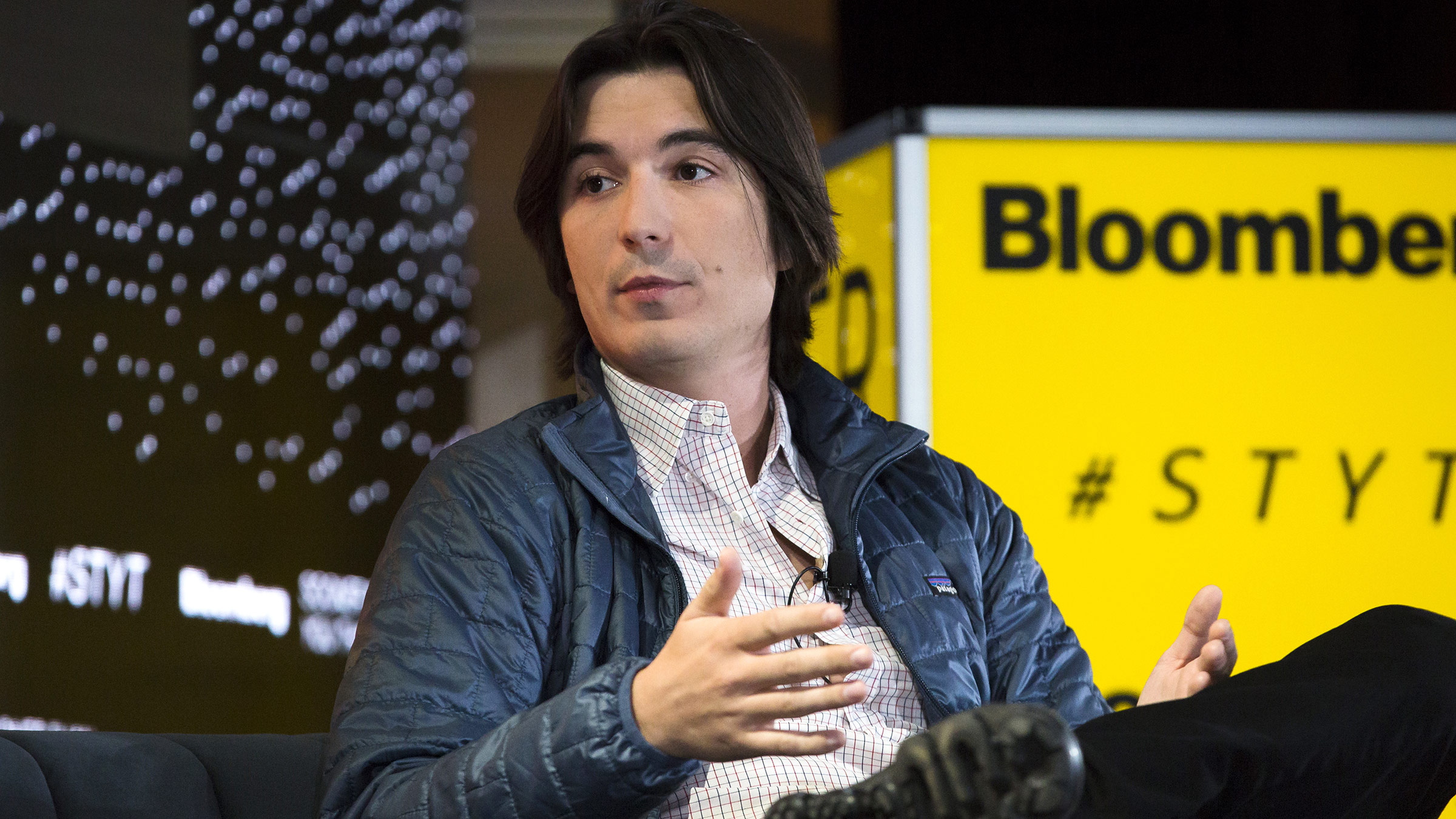

Gabe Plotkin defends against rumors of bankruptcy filing. 26, 2021: Citadel and Point72 infused Melvin with close to $3 billion to shore it up.

“ We bought Feb $115 calls on $GME this morning.” 26, 2021, 10:32 a.m.: Chamath Palihapitiya, CEO of Social Capital goes long on call options. He says GameStop’s business is in “terminal decline.” GME closes at $43.03. 21, 2021: With GameStop trading around $40, Andrew Left, editor at Citron Research, tells Benzinga’s ZingerNation Power Hour that he expects GameStop stock will fall to $20 in near future. 12, 2021: Members of r/WallStreetBets, a group of individual investors formed on Reddit, are buying up GameStop stock. 11, 2021: Cohen and two colleagues join GameStop board of directors. 17, 2020: Cohen buys more shares of GameStop for a total of 9 million. 8, 2020: Company says it will close more than 1,000 stores by March 2021. 22, 2020: GME surges on reports that Ryan Cohen has taken position.ĭec. 21, 2020: Cohen says he’ll talk with GameStop management to increase their online products, offer more merchandise and improve shipping time to customers. 10, 2020: GameStop revises estimate, says 450-500 stores will close. 31, 2020: Ryan Cohen, a cofounder of, buys 9% stake in GameStop. March 30, 2020: GameStop says it will close more than 320 stores in 2020. September 8, 2019: Someone on r/WallStreetBets is already buying GameStop stock.ĭec. How it all went down: a timeline of GameStop stock price and related events In the case of GameStop, market makers' hedges likely helped fuel the stock's surge. The investor purchases either kind option from a market maker - an electronic trading company or individual that often purchases the same stock as a hedge against a rise in the stock's price.

Put options are the opposite: A right to sell a stock at a set time. If the stock price rises enough, the value of that option rises, and the investor can sell for a quick profit.

The cost of the option is a fraction of the stock's current price. How do options work?Ĭall options let investors buy a shares for a set price in the future. Individual investors added fuel to the fire, sparking this week's exponential stock price increase by using call options to bet that the price would rise. The GameStop story starts with short sellers who lost confidence in the company's future as the pandemic challenged companies without strong digital strategies. It is essentially the opposite of traditional investing aimed at profiting from a stock's rise. Short selling is when an investor sells borrowed shares of stock with the hope of buying the shares back later at a lower price. Here’s what fed the dizzying rise and stomach-churning fall in GameStop’s stock price: How does short selling work? This combination has led to high scores for some playing the market this week. The phenomenon involves two trends championed by individual investors in recent months - options trading and momentum investing - that have collided with the sometimes-controversial strategy of short selling. A number of high-profile hedge funds have already lost more than $5 billion so far this month, according to data from the financial-analytics firm S3 Partners.Bets against GameStop’s stock, followed by a campaign to juice the video-game chain’s shares, sent its stock price soaring before it tumbled Thursday when trading app Robinhood banned purchases. The higher the stock went, the greater the losses incurred by those that had previously bet against any price rises, as they were then forced to buy those shares back, whatever the cost. Members have spent the past three weeks bidding up GameStop, which has sent the shares skyrocketed more than 1,200% since Wall Street Bets first piled in on January 11. GameStop's shares have hit record highs and the swarm of retail investors behind the rally have cheered each other on, primarily within the popular Reddit forum Wall Street Bets, which by Thursday, had around 3.5 million members. Video-game retailer GameStop has dominated the headlines this week after its shares trebled in value in just three days this week, in a buying frenzy fueled by individual traders that have forced some of Wall Street's prominent hedge funds to close their bearish bets against the company with hefty losses.


 0 kommentar(er)
0 kommentar(er)
